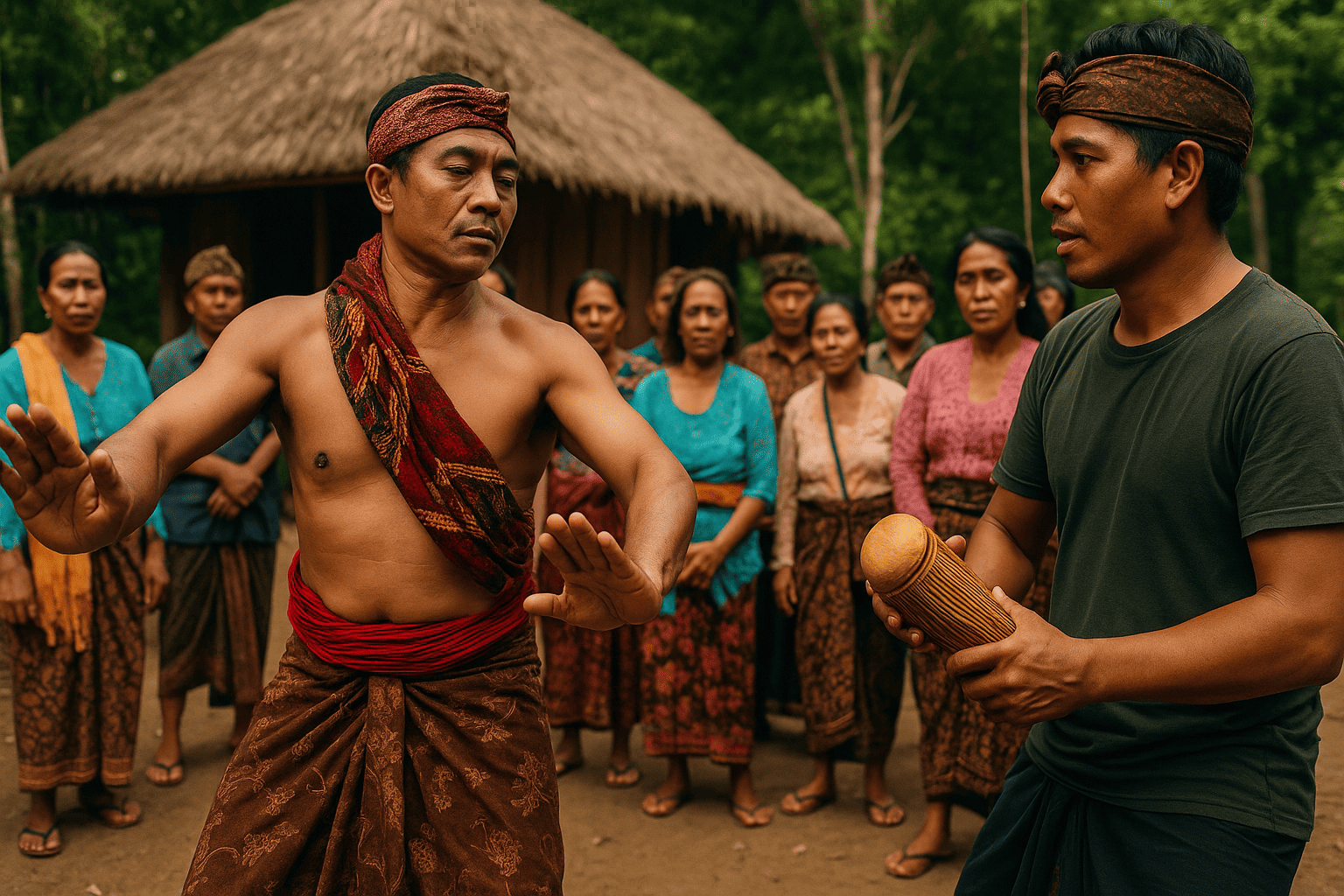Introduction
Cultural rituals represent the deepest layers of human tradition, belief, and identity. From fire dances in Bali to tea ceremonies in Japan, these practices are not simply performances for outsiders—they are vital expressions of social memory, communal belonging, and spiritual worldview. In the context of global travel, engaging with local rituals offers more than spectacle; it offers insight. This blog explores how immersive travel rooted in understanding rituals can transform tourists into mindful observers and cultural participants.
The Meaning and Function of Rituals
Anthropologists have long studied rituals as structured, symbolic acts that encode the values and norms of a community. Émile Durkheim, Clifford Geertz, and Victor Turner all emphasized the social functions of ritual—solidifying group cohesion, reinforcing cosmological beliefs, and facilitating life transitions. Travelers who witness or respectfully participate in such rituals gain access to the worldviews that shape daily life in different regions. Understanding this cultural grammar deepens the experience beyond surface-level observation.
Case Studies of Cultural Immersion
**1. Japan: The Way of Tea (Chanoyu)**
The Japanese tea ceremony is a choreographed tradition centered around aesthetics, mindfulness, and hospitality. Foreign participants often underestimate its complexity, yet learning its etiquette and philosophy reveals insights into Zen Buddhism, historical formality, and the Japanese concept of ‘wabi-sabi’ (beauty in imperfection).
**2. Ghana: Naming Ceremonies**
In Ghanaian cultures, naming a child is not a private family affair but a community ritual. It reflects spiritual beliefs, ancestral lineage, and communal belonging. Participating as a guest in these events allows travelers to understand the roles of kinship, honor, and oral tradition in West African society.
**3. Mexico: Day of the Dead (Día de los Muertos)**
Unlike Halloween, Día de los Muertos is a celebratory and reflective ritual that honors deceased relatives. Travelers in Oaxaca or Michoacán learn that this ritual involves not only altars (ofrendas) but poetry, food, music, and storytelling—fusing pre-Columbian and Catholic beliefs into a vivid communal expression of remembrance.
Ethical Considerations and Cultural Sensitivity
While cultural immersion can foster cross-cultural understanding, it also carries ethical risks. Tourists must approach sacred or symbolic events with humility, consent, and respect. Unauthorized photography, inappropriate dress, or commercialization of rituals can lead to cultural erosion or offense. Responsible travel organizations now train visitors on etiquette, offer background briefings, and encourage ethical participation. Consent and cultural literacy are essential in avoiding voyeurism or neo-colonial attitudes.
The Role of Guides and Local Experts
Interpreting rituals often requires contextual understanding. Local guides, cultural anthropologists, or elders help bridge the knowledge gap, offering historical and symbolic interpretation. For example, during a Balinese cremation ceremony, what may appear to be chaotic festivity is in fact a rite of passage with layers of Hindu-Buddhist theology. Cultural liaisons are critical to turning an experience into a respectful educational opportunity.
The Transformative Power of Ritual-Based Travel
Immersive journeys focused on cultural rituals leave lasting impressions. Rather than passive sightseeing, they promote empathy, self-reflection, and cultural appreciation. Many travelers return home with an expanded worldview, questioning their own cultural assumptions and values. As global travel trends evolve, cultural sustainability and authenticity are increasingly valued, leading to curated experiences that foster mutual respect and understanding.
Conclusion
Cultural rituals are not merely artifacts of the past—they are living expressions of belief, identity, and community. Travel that seeks to understand these rituals provides unparalleled depth and meaning. By approaching with humility and preparation, travelers can enrich both their own perspectives and the cultural ecosystems they visit. Immersive, ritual-centered travel is not only educational—it is transformational.
References
– Geertz, C. (1973). *The Interpretation of Cultures*. Basic Books.
– Turner, V. (1969). *The Ritual Process: Structure and Anti-Structure*. Aldine Publishing.
– Smith, V. (ed.). (1989). *Hosts and Guests: The Anthropology of Tourism*. University of Pennsylvania Press.
– UNESCO (2023). Living Heritage Reports. https://ich.unesco.org/en

